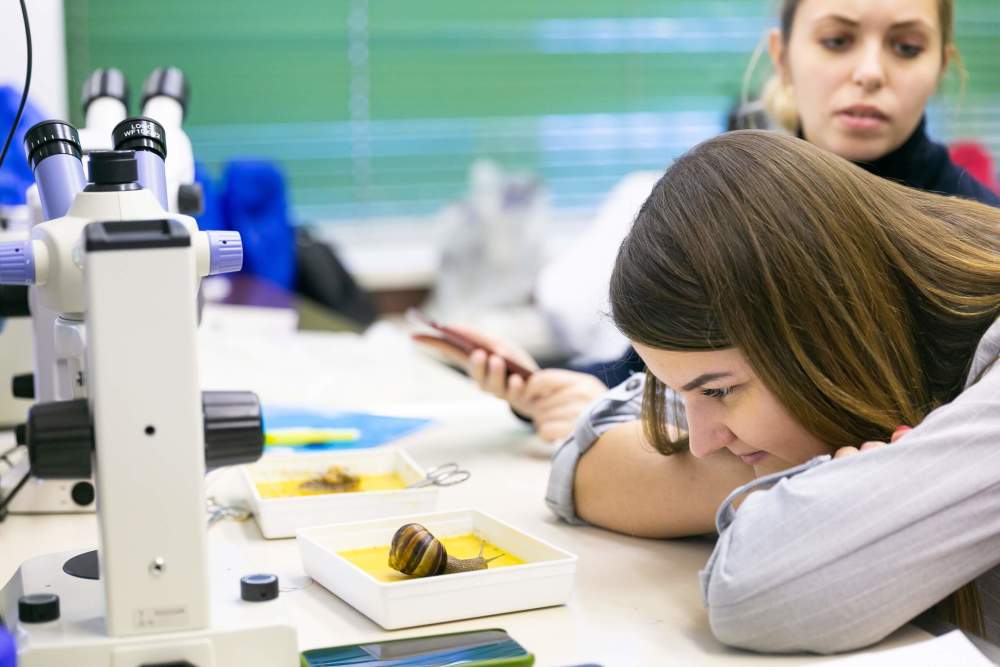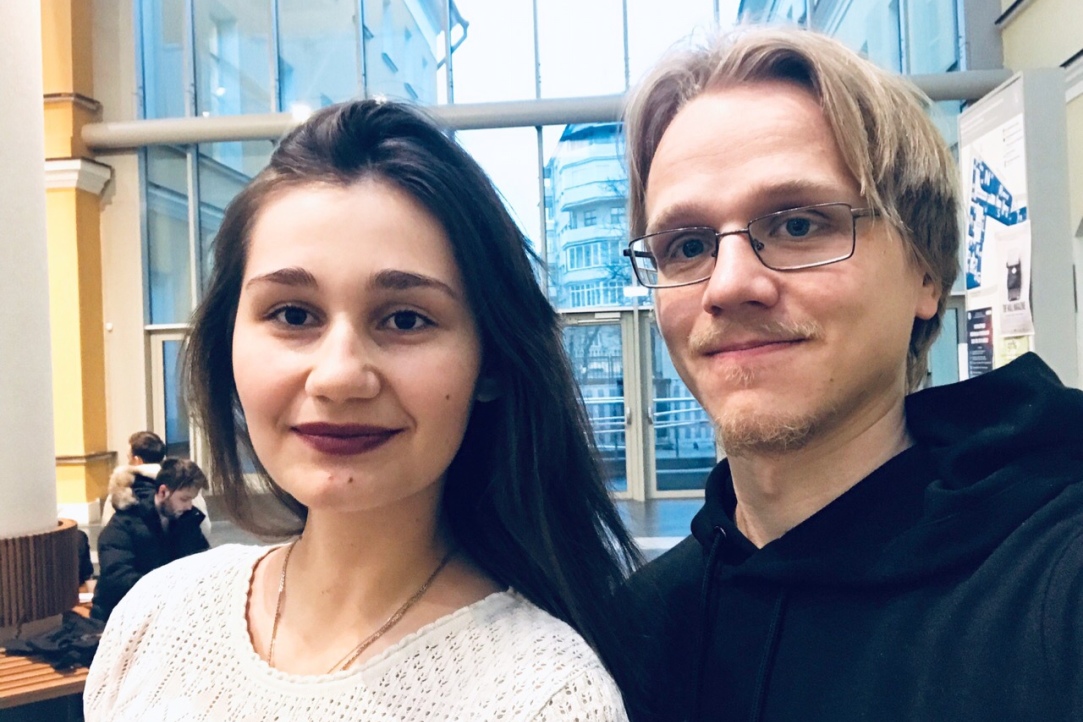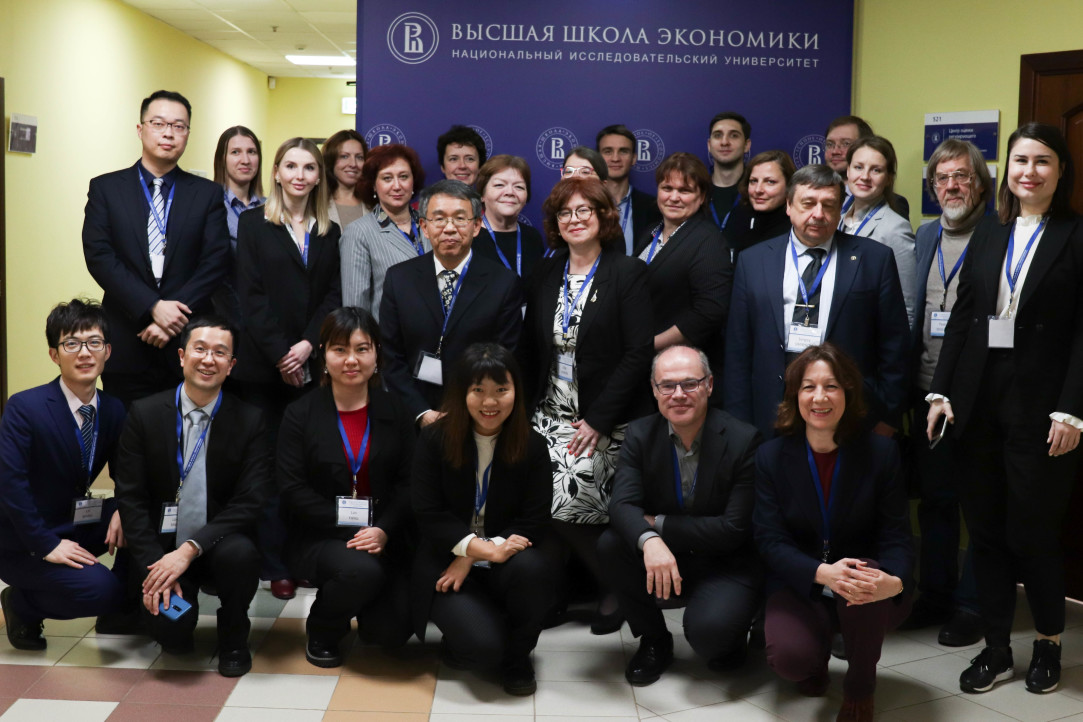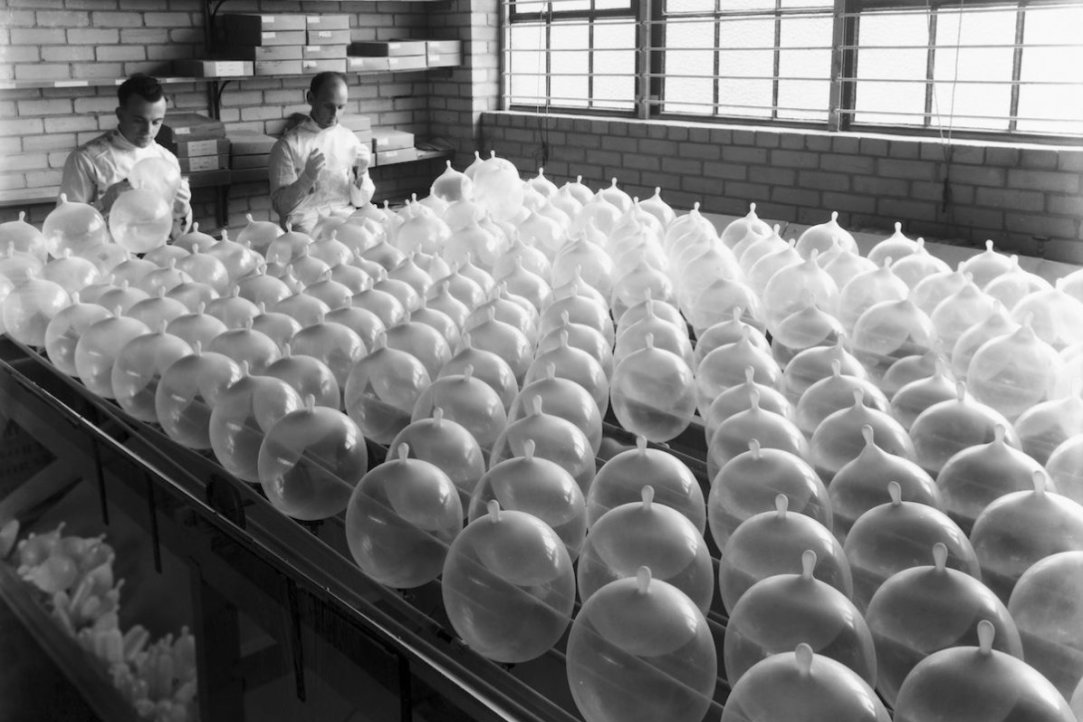
The Sooner You Try to Make a Scientific Contribution, the Sooner You Will Manage to Do So
The Shemyakin and Ovchinnikov Institute of Bioorganic Chemistry (IBCH RAS) is one of the institutes of the Russian Academy of Science involved in the development of new faculties at the HSE University. It is also where first-year biology students come for hands-on training in research laboratories, and, in some cases, internships. HSE News Service visited the Institute to speak with first-year students at a zoology workshop.

‘To Be One of the Top Three Nominees Alongside Two Amazing Scholars Was Already Unexpected’
At the 2019 Golden HSE Award Ceremony, which coincided with HSE’s 27th anniversary, Aigul Mavletova, an HSE alumna and Associate Professor of the Faculty of Social Sciences, was awarded the Golden Citation Award. HSE News Service spoke with the recipient of the ‘award within an award’ about why research is more interesting than business.
'I Am Working at the Intersection of Economics and Education'
Bernardo Pincheira is a Research Fellow at the International Research Laboratory for Institutional Analysis of Economic Reforms, Center for Institutional Studies. Having graduated from the University of Nottingham with a PhD in Economics, Dr. Pincheira shared his interest in Economics of Education and peer effects in the classroom.

'We Want HSE University to Develop Centres of Excellence'
The HSE Look is glad to present the second part of the interview with Rector Yaroslav Kuzminov, originally taken by our flagship bulletin Okna Rosta. This part focuses on new educational tools as well as old traditions, on cooperation with regional universities and the transformations to be achieved in the upcoming decade.

19 Figures from 2019: Happiness, Loans and Loneliness in Russia
IQ.HSE continues the tradition of saying goodbye to the old year in figures. Below are 19 facts from the HSE University research that we shared in 2019.

Russia’s Physical Culture Scene: 10 Facts about the Physical Activity of Working Russians
Although a growing number of Russians now exercise regularly, the overall figure remains low — only one-fourth of working women and less than one-third of working men are physically active. Are Russians just lazy or are gym memberships too expensive for them? What can stimulate people to adopt a more active lifestyle, and is Russia up to international standards in this regard? Find the answers in a newly released study from HSE University. IQ.HSE selected 10 of the most interesting facts from that research.

HSE Students Win Awards at the Kaggle International Data Science Competition
Ekaterina Melianova and Artyom Volgin, second-year students of the Master’s programme ‘Applied Statistics with Network Analysis’, took second place in an international data analysis competition. Using a Kaggle survey of 19,717 respondents from 171 countries, they analyzed the community of PhD degree holders in Data Science.

HSE University Scholars Discuss the Fight Against Poverty
HSE University hosted a Russian-Chinese meeting on ‘Social policy as a tool for combating poverty and developing human capital’. Representatives of the Chinese Ministry of Civil Affairs, the World Bank, the Russian Pension Fund, the government of Tatarstan, and HSE University researchers evaluated the social policies of both countries, shared effective measures for combating and eliminating poverty.

‘The Sense of Doing Something New Appeals to Me’
Professor Heinrich Haerke, a renowned archaeology expert, has been cooperating with HSE University researchers for a long time. This year he has joined HSE as a Professor at the recently formed Centre for Classical and Oriental Archaeology. He has talked to HSE News Service about his research interests, field projects, and teaching archaeology.

A Contraceptive Revolution: How Abortion Rates Have Decreased in Russia
Russia has just had a great contraceptive revolution, and it is not over: unwanted pregnancies are more often prevented than terminated. Russians now engage in family planning with more confidence: the number of births is almost equal to the number of pregnancies. On the basis of studies completed by HSE demographers, IQ.HSE examines the Soviet and Russian culture of birth control.

